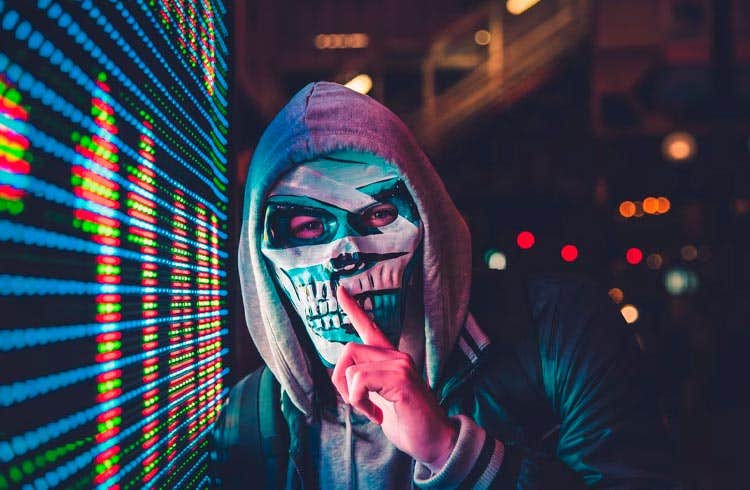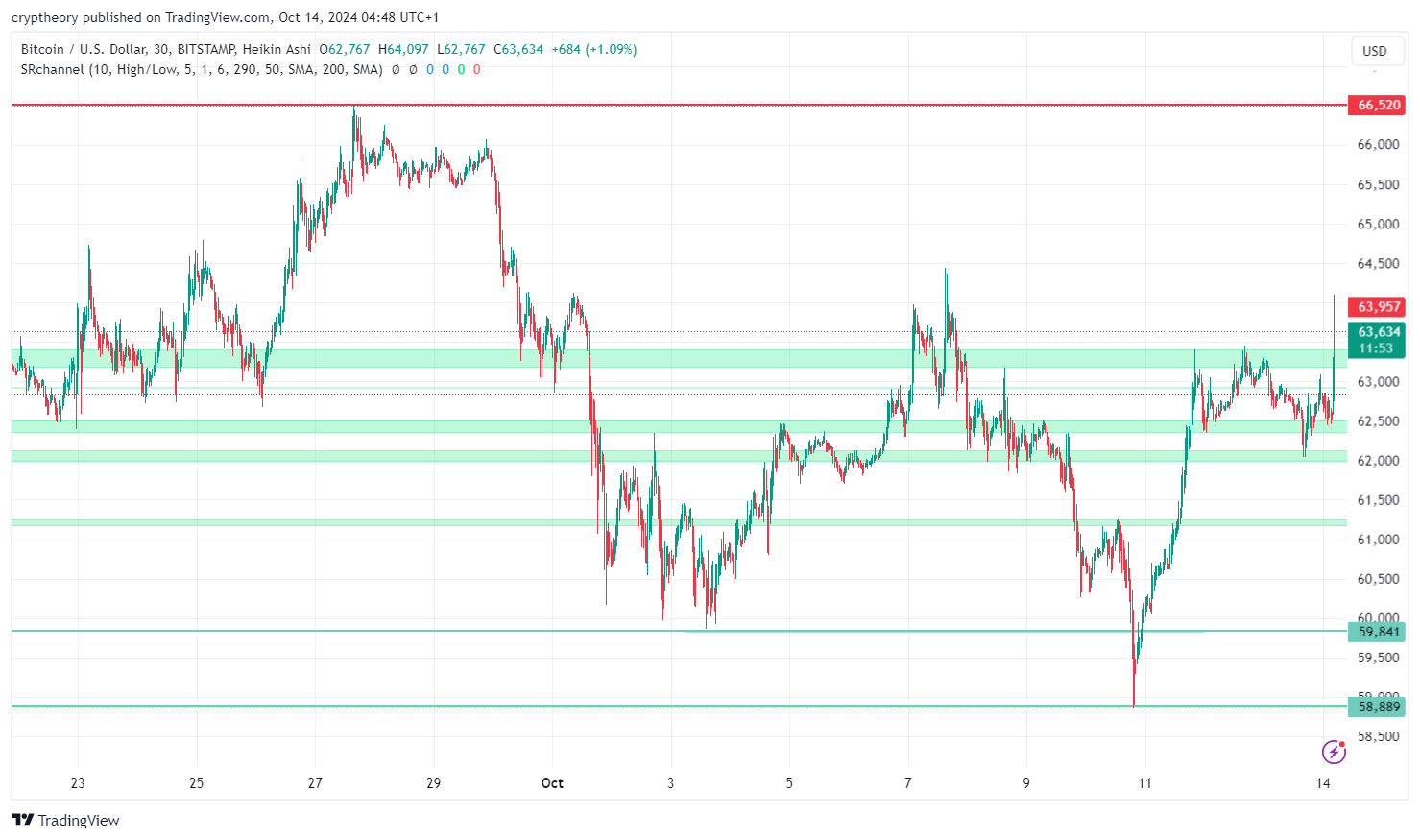Child safety campaigner Ian Russell has questioned Instagram’s ability to keep children safe on a new version of its app designed for under 13-year olds, given its failures to protect young people on its existing platform.
Mr Russell’s 14-year old daughter Molly took her own life in November 2017 after viewing suicide and self-harm content on Instagram, leading him to say the app had “helped kill my daughter”.
While the company made changes to its community guidelines after details of Molly’s death were made public in 2019, including banning graphic self-harming images and video and adding ‘sensitivity screens’ to blur images, there was “still too much harmful content available on the platform” three years on, he said.
“Judging by their track record, it’s very hard to see how they could guarantee a platform to be safe enough for under-13s to use,” Mr Russell told i.
“Some of the platforms have made attempts to remove harmful content, but it’s still there and still too easy to find. I accept it’s a very difficult task, but I’m sure there must be something more that could be done.”
Instagram confirmed it was working on a version of the app for children under 13 last week, with chief executive Adam Mosseri announcing the company did not have “a detailed plan yet” for how the app would work. Currently, children under the age of 13 are not allowed to sign up to the platform.

Mr Russell said in order to accept the fact that Instagram and its parent company Facebook could make an app safe for children: “You have to ask the question, why haven’t they done more on the current platform?”
“If someone under the age of 13 finds their way onto the adult version of the platform, as they do now all too frequently, they then still wouldn’t be protected in the same way that Facebook claims they will be protecting under-13-year-olds on the new platform.
“It’s fairly widely accepted that social media is designed to be addictive. I don’t see how you can square that with a young usership under the age of 13.”
Online child safety campaigners have criticised Instagram for its failure to protect young and vulnerable users from harmful content and sexual predators. Research from the NSPCC published last year found that the app was used in 37 per cent of online grooming offences in the first three months of the first lockdown – more than any other platform.
Mr Russell created the Molly Rose Foundation, a suicide prevention charity that submitted its own response to the Government’s Online Harms White Paper published in December last year.
The proposed Online Safety Bill, which Culture Secretary Oliver Dowden has described as the “most comprehensive online safety regime in the world” and gives broadcast regulator Ofcom the power to fine tech giants that fail to protect their users up to 10 per cent of their annual turnover, is due to go before Parliament this year.
“This isn’t just another bit of parliamentary business, this is an extraordinary situation,” Mr Russell said. “An average of four school-aged children die by suicide every week in the UK, so every week’s delay is a matter of life and death.”
Instagram was the social media platform most likely to have a negative effect on young people’s health and wellbeing, a report from the Royal Society for Public Health (RSPH) and Young Health Movement (YHM) found in 2017
While he said he didn’t have any doubt the social media giants could make platforms safe for young people to use, Mr Russell said a change of corporate culture among the firms was required as the era of self-regulation had not been effective.
“Self-regulation hasn’t worked so what’s next? Actual regulation. That’s not being against free speech, it’s not overreacting or being draconian. It’s not trying to stop people from using the wonderful resource that is the web. It’s just trying to mirror how we live our lives in what most of us are lucky enough to call a free country.
“At the moment the big tech platforms are so often designed for American laws and we have to take them, we don’t have a say. But it’s about time that each nation can have a say in the way they conduct their business in order to make them safer.
When asked whether he felt if a child-friendly version of Instagram could have helped Molly when she was younger, Mr Russell said he felt it was “hard to judge”.
“It might have been a safer place for her, it might have led her to understand the web and how to use the web better. But equally, it might have introduced her to it at an early age and lead her into its dangerous places more quickly.”
‘My daughter wasn’t protected on Instagram’
Freya* was 12 years old when she received a torrent of sexual messages, videos and gifs from a stranger on her private Instagram account during a sleepover at a friend’s house.
When she returned home, Freya was withdrawn and shaking. Her mother, Pippa*, reported the profile to Instagram and later to the police, but because the man based outside the UK, the laws against sexual communication with a child could not be applied.
“Instagram launching a site specifically for under 13s when it cannot protect them on their regular platform could be a recipe for disaster if it isn’t made safe; there’s no room for error,” Pippa told i.
“My daughter wasn’t protected on Instagram: either by the platform itself or by any law thereafter. The police were powerless even afterwards. An adult man was able to contact my daughter and bombard her with sexual messages, pictures and videos of himself for a 24-hour-period before being stopped and it’s my daughter who has suffered pain and fear as a result.”
The company should be held fully accountable for what happens on its platforms, including a duty of care, she added.
“This is a growing problem that is getting worse by the day and new legislation needs to be in place to enforce these rules, ensuring these are updated in an ongoing way to encompass new threats to our children.”
*Names have been changed
A spokesperson for Facebook said: “Increasingly, kids are asking their parents if they can join apps that help them keep up with their friends. Right now there aren’t many options for parents, so we’re working on building additional products that are suitable for kids, managed by parents.
“We’re exploring bringing a parent-controlled experience to Instagram to help kids keep up with their friends, discover new hobbies and interests, and more.”






















